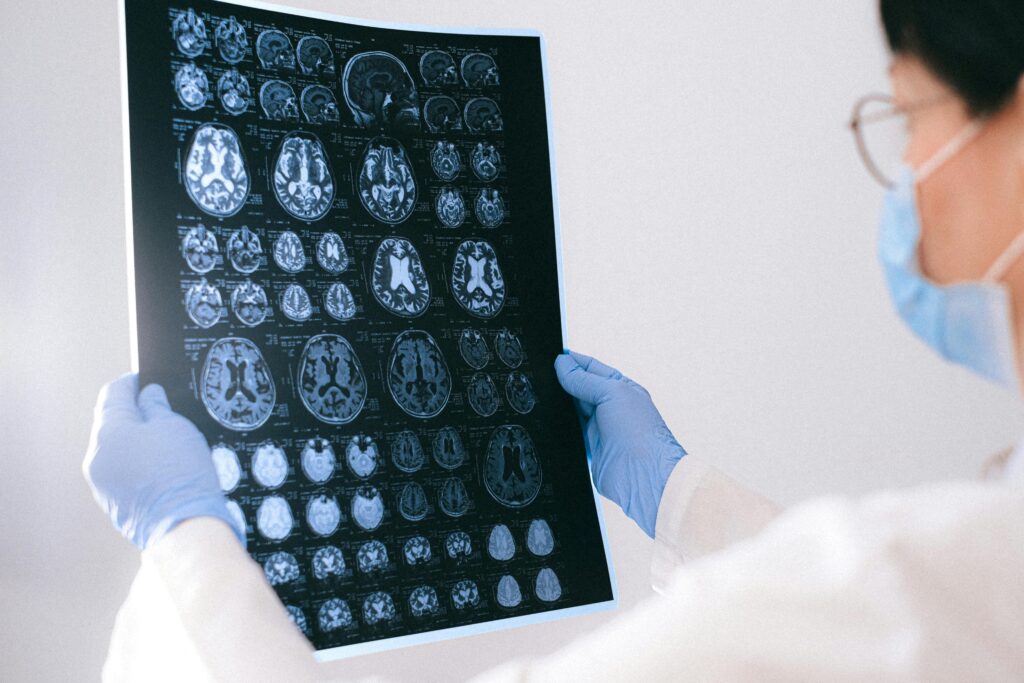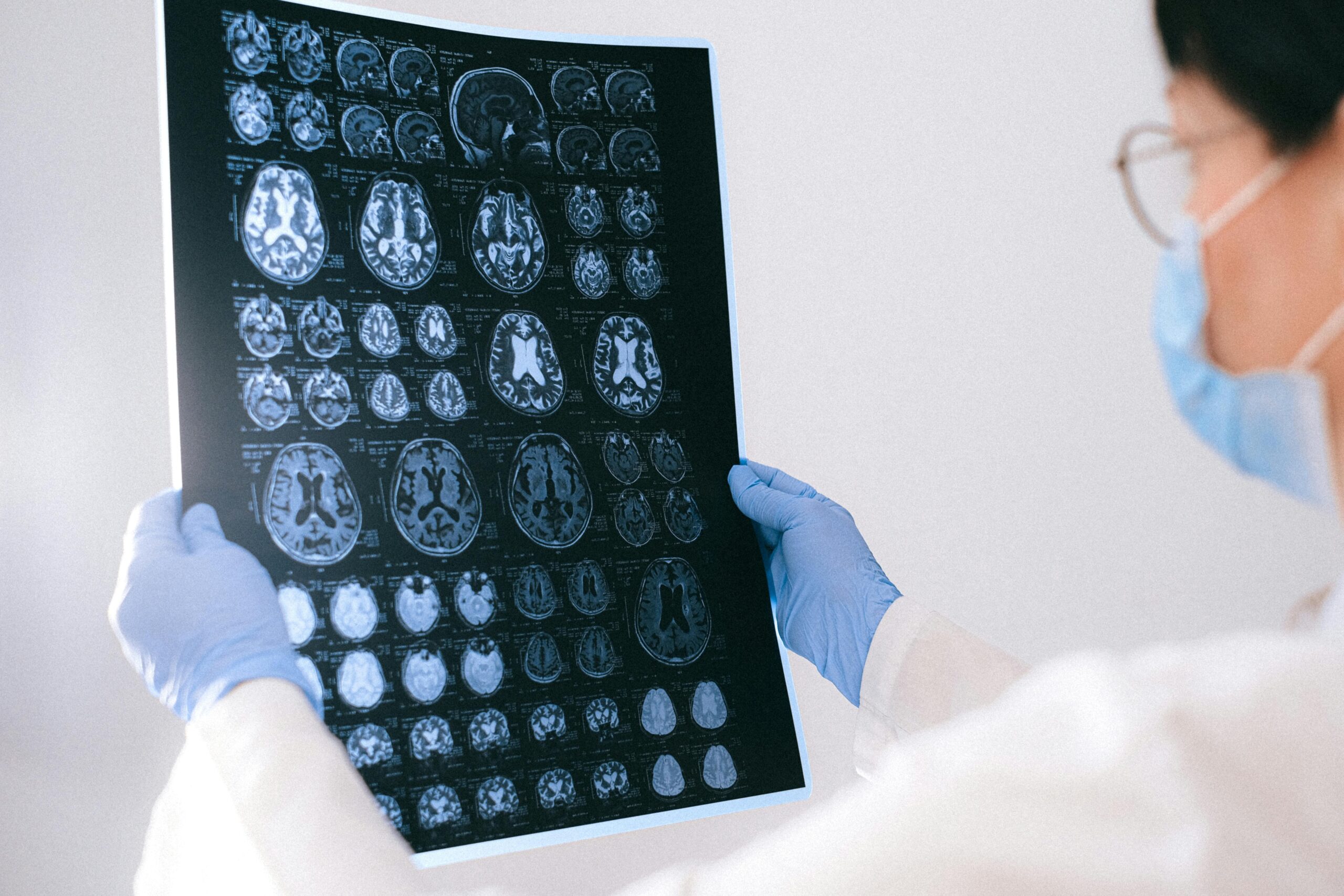Alzheimer’s disease is a progressive neurodegenerative ailment that mainly affects old people, causing cognitive weakness, memory loss, and failure to perform daily activities. It is the most common cause of dementia accounting for roughly 60-70% of all dementia cases. This guide will take you through various areas of Alzheimer’s disease which include symptoms, causes, risk factors, diagnosis, treatment options as well as prevention strategies and management.

Symptoms of Alzheimer’s Disease
Alzheimer’s diseases usually follow several stages each with unique symptoms and cognitive changes. At early stages, individuals may experience subtle drops in their memories hence finding it hard to recall recent incidents or even conversations they had recently. Progression of the condition results in worse symptoms entailing difficulties in executing usual tasks such as talking problems, judgemental weaknesses, and sudden mood swings among others. In the latter stages, the patients increasingly depend on round-the-clock care for feeding, dressing, or cleaning themselves.
Causes and Risk Factors
While the precise trigger for Alzheimer’s disease continues to be elusive, scientists postulate that an interplay of genetic influences, environmental variables, and lifestyle choices might play a part in its onset. Primarily, the age factor stands as quite critical, with Alzheimer’s cases rising as one grows older. Additional risk determinants encompass hereditary predisposition, specific genetic abnormalities, incidents of head trauma, heart health risks including hypertension and diabetes, along with habits such as tobacco usage and lack of physical activity.
Diagnosis and Screening
Determining the presence of Alzheimer’s disease requires a detailed analysis of an individual’s medical background, signs, and mental capacity. Medical experts might employ various cognitive exams, neurological assessments, brain imaging procedures (like MRI or PET scans), and blood examinations to evaluate mental performance and eliminate other potential dementia causes. Pinpointing the disease early on is essential as it spawns the immediate onset of treatments and strategies to control symptoms and enhance life quality.
Treatment Options
At present, Alzheimer’s disease has no known cure, but a range of drugs and treatments exist that aid in symptom management and decelerate the advance of the disease. These could involve cholinesterase inhibitors (for instance, donepezil, rivastigmine, and galantamine) and memantine, all of which function by controlling neurotransmitters in the brain and augmenting cognitive performance. Besides medication, people with Alzheimer’s could find non-drug approaches like cognitive coaching, physical workouts, and occupational therapy advantages.

Caregiving and Support
Alzheimer’s disease holds implications not just for those it directly attacks, but equally lays a substantial burden on those who care for them – their caregivers and families. The ordeal of tending to a dear one stricken with Alzheimer’s necessitates enduring patience, deep empathy, and constant assistance. Resources like peer support circles, temporary caregiving facilities, and enlightening training can greatly provide relief to caregivers, aiding them to navigate the tough compass of their roles, whilst ensuring they stay anchored in their wellness journey.
Prevention and Lifestyle Strategies
Despite the unavoidability of some Alzheimer’s disease risk elements like age and genetic makeup, there are multiple lifestyle elements one can manage to diminish their susceptibility. Embracing a health-conscious lifestyle inclusive of routine physical activity, a well-rounded diet abundant in fruits, vegetables, and omega-3 fatty acids, preserving active social and cerebral involvement, controlling cardiovascular hazard components, and evading smoking and substantial alcohol intake can be beneficial in promoting brain fitness and curtailing the possibility of cognitive regression.
Research and Future Directions
Progress in brain science and health study continually broadens our grasp of Alzheimer’s disease, propelling the invention of fresh diagnostic instruments, therapies, and preventive measures. Ongoing scientific endeavors are centered on spotting early warning signs, probing into new treatment avenues, and unveiling the intricate mesh of genetic and environmental elements that lay the foundation for the disease. With sustained investment in studies and interdisciplinary scientific teamwork, there lays a promising path towards substantial breakthroughs in battling Alzheimer’s disease in the forthcoming years.

Conclusion
Alzheimer’s disease is indeed a daunting obstacle for individuals, families, healthcare providers, and society altogether. By heightening awareness, endorsing early diagnosis, assisting caregivers, and putting funds into research, collectively we can enhance the prospects for those impacted by Alzheimer’s, aiming ultimately to discover a solution for this heartbreaking disorder. Through spreading knowledge, championing, and delivering heartfelt care, we can aspire for a future where everyone ages gracefully, with deserved respect and quality of life, irrespective of their brain health condition.
FAQs
- What is Alzheimer’s disease?Alzheimer’s disease is a progressive neurodegenerative disorder that primarily affects older adults, leading to cognitive decline, memory loss, and impaired function in daily activities.
- What are the early symptoms of Alzheimer’s?Early symptoms include subtle memory lapses, difficulty recalling recent events or conversations, challenges in performing routine tasks, language difficulties, impaired judgment, and changes in mood and behavior.
- What are the risk factors for developing Alzheimer’s?Risk factors include advancing age, family history of the disease, certain genetic mutations, head injuries, cardiovascular risk factors like high blood pressure and diabetes, and lifestyle factors such as smoking and physical inactivity.
- Can Alzheimer’s be prevented?While certain risk factors like age and genetics cannot be modified, adopting a healthy lifestyle including regular exercise, a balanced diet, social and cognitive engagement, and managing cardiovascular risk factors may help reduce the risk of cognitive decline.
- How is Alzheimer’s diagnosed?Diagnosis involves a comprehensive evaluation of medical history, symptoms, and cognitive function using cognitive tests, neurological exams, brain imaging studies, and blood tests to assess cognitive function and rule out other possible causes of dementia. Early diagnosis allows for timely initiation of treatments and interventions to manage symptoms and improve quality of life.

